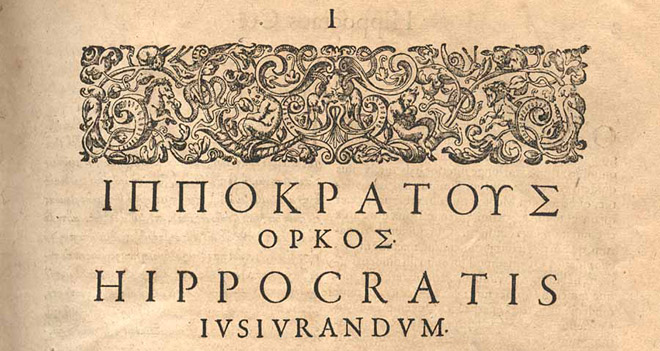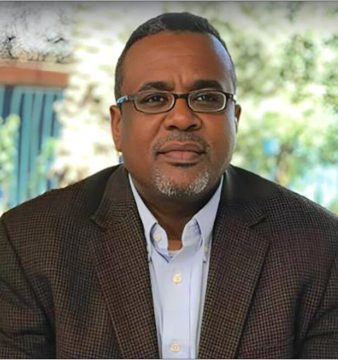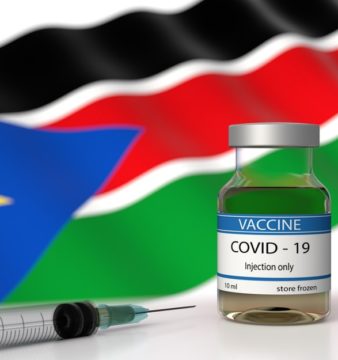When doctors mistook Hippocratic for hypocritical
Medical students are institutionalized to forget about five to six years of their lives. They are taken into the worlds of knowledge and understanding of how the human body functions both normally and abnormally. Why? So as to gain that familiarity required to deal with the human race. Some take their studies very seriously and reach the finish line victorious; some miraculously make it, whereas the rest aren’t as lucky as their peers and don’t even see that finish line. Not so long ago I was a medical student; I forgot I had a social life because all I wanted to do was graduate from medical school and become a good doctor. One question that constantly plagued me during my college journey was, “What does it mean to be a good doctor?”
After graduation we all take the Hippocratic Oath swearing to practice medicine ethically, and it is then and after working with so many doctors, that I received the answer to my question.
I am sure what I say next might acquire a few grumbles from a few of them but it is something that has to be said. No matter how hard you worked as a student, whether you were getting straight A’s or sleeping in the back of the lecture room if you are judgmental like most of the Sudanese society, then you have no business being in the medical profession.
Denying a patient treatment because of race, sexuality or religion is appalling. Denying a patient treatment based on your own personal assumptions is appalling. Denying a patient treatment because he or she has a contagious disease is appalling. Although associating oneself with a homosexual or woman who became pregnant out of wedlock is still taboo in this country, it is a whole other story when they walk into the Emergency Room.
All of this is happening somewhere everyday in Sudan and sadly it goes against everything the Oath stands for. If this is the attitude most caregiver(s) display in their day to day lives then it is obvious they entered medical school for the wrong reasons. Just because you earned yourself a prestigious title upon graduating it does not mean you are better than the rest of the planet.
Dear doctor, didn’t it ever occur to you that the situation can be reversed and you can be the one on the receiving end of the very same mistreatment you exhibit towards your own patients? Will you remember the Hippocratic Oath then? Will you change your mannerisms to better serve mankind like you promised?
There was a time when the practice of medicine was a selfless act to better serve humanity, nowadays it’s all about how the health care professionals can better serve themselves financially while nauseating the rest of us with their grandiosity.






I guess not everyone takes the oath seriously, even though it IS a serious matter. I remember when I took it I actually started to have second thoughts about the whole medical profession thing, despite having already graduated!
Nice piece =)
Right on… Well written… I believe the same goes for many other proffessions…
Not only in the Sudan, but across most underdeveloped countries, some professions are socially worshiped and epistemically misled: The Medical Practitioner is one. It is hard to trace the root causes for such syndromes, which apparently related to combination of the historical Shamanism and the present Fortunatism..
Medical Doctors are traditionally respected, for the reasons the article had described; whereas humans are mostly afraid for their lives and the consequences of illness and diseases. Also, they are relatively well paid; whereas people would pay anything to get well. Such respect and earning had elevated both social and intellectual ranks of MDs. On parallel, the system for qualifying those MDs still backdated in most cases; which would secure their benefits regardless how efficient there are..
I guess cleansing the profession from unfit trends and practices should work on both system revolutionization and professional syndication. On one hand to have qualified skillful practitioners, who master hands-on-the-trade (American style), and on the other corresponds with national structure of professions and affiliations that value everyone, including the Garbage Collectors (if any)..
I do not totaly agree with you. I am a doctor as well, and I do not want to inflict my own practices because I was blessed to have stronger passion for comforting than most of my colleagues.
However, most of those I worked with fell into one of three bcategories: those who are just in it because they could (academicaly) which I think is sad, but they do the job they signed in for fairly well (they follow protocols, manuals, and their seniors and show little or no interest in the fact that the subject infront of them is a human being, a horse, or a table) ; others who do not grasp the essense of the profession and those are the most problematic because they tend to try to impose their (mostly flawed) virtues on everyone around them, and those are often the ones who complain about being oppressed and not compensated or respected enough; the third category include the few passionate and humble actual ”healers” who not only will go beyond what’s allowed, but would burden their souls with every im-possible they could not offer.
However I have rarely met doctors with grandiosity issues, and I have worked in the busiest hospitals where cases such as illegal pregnancy etc are very comon. And even IF such attitude was present, I trust that it is originating from ignorance rather than grandiosity or feeling superior. I design HIV interventions and it would shock how little physicians know about precautions, protection, and patients( and their) rights. We can solve such situations by educating and advocating for stigma reduction, try to formally or informaly discuss such issues with your colleagues-and you will be surprised.
Nice article, you are obviously very keen and a sensitive person yourself. Thank you.
Thx Ala’a Baraka for the insightful article, being a doctor who took my med studies in Sudan, I can say that the professors I’ve learned the most from are those who demonstrated high medical ethics hand in hand with teaching good clinical skills.
Thanks Ala’a, well written article, however it would have been more enlightening if you mentioned (anonymously) any actual and real day to day examples, so readers can relate better to the article.